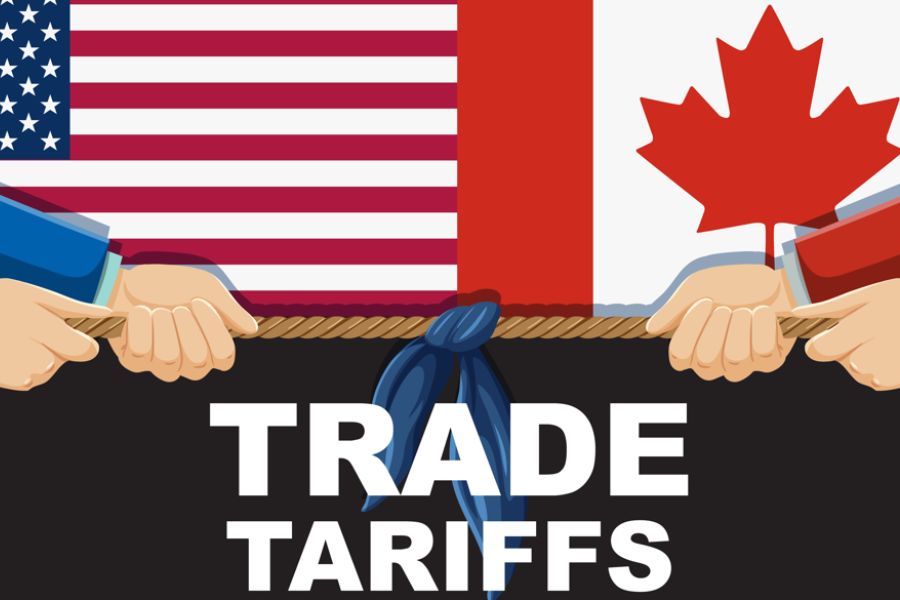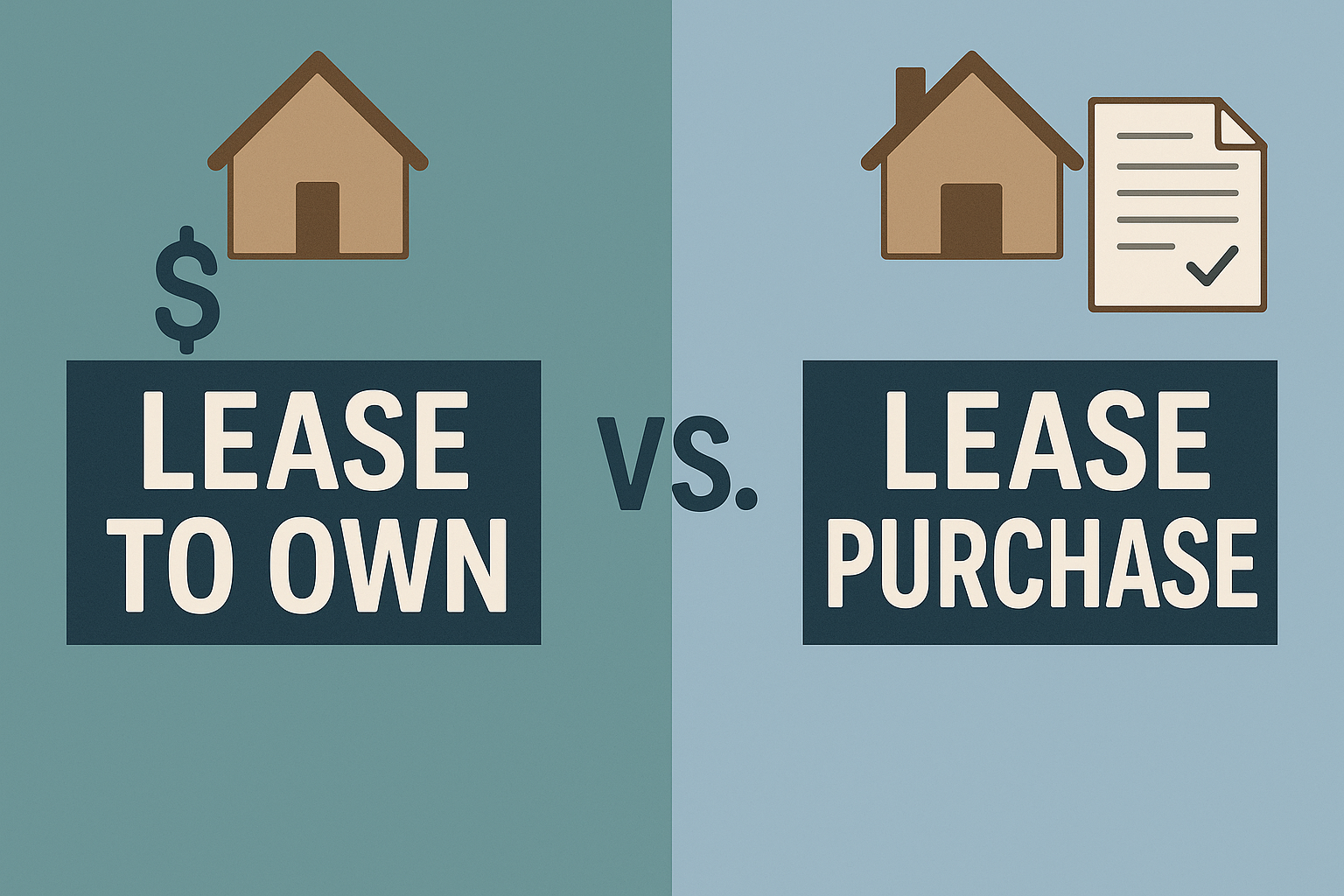How Leasing Works in the Construction Industry

Construction company owners spend time finding new ways to improve the efficiency and safety of their operations. This may involve upgrading equipment, vehicles or even heavy machinery. Companies in the construction industry have many options in acquiring new equipment such as buying, renting, or leasing.
In this article, we’ll quickly outline the importance of leasing equipment in the construction industry and why you may consider it for your business.
What is Leasing Construction Industry Equipment?
Having the complete use and access to a piece of equipment without owning it is leasing in a nutshell. It’s the middle ground between renting and owning, and you get the best of both worlds. The lessee, or the company leasing the equipment, goes on a lease term with the lessor, like us at Blue Capital. At the end of the lease term, the lessor has plenty of options depending on the type of lease that’s agreed upon.
How much does a lease cost? This generally depends on a few factors such as the price of the equipment, the interest rate, the lease term, the credit rating of the lessor and the value of the equipment at the end of the lease.
In the construction industry, an example of this equipment may be an excavator. At the end of the lease agreement, the lessor may extend the lease at the machine again at the new fair market price, purchase it entirely, or trade-in the excavator for a newer model. The amount of leasing flexibility is only bound by the lessor agreement, but it’s otherwise quite a fluid procedure. For example, it may be possible to exchange equipment in the middle of a lease.
At Blue Capital, we offer a few different types of construction industry leases such as:
Capital Lease - This grants temporary use of an asset while transferring ownership to you after the lease period. Upgrades can be purchased during the lease term as well.
TRAC Lease - A Terminal Rental Adjustment Clause (TRAC) is a lease for certain vehicles and trailers. It offers a low monthly price for high-cost equipment.
Operating Lease - This lease grants temporary asset use while no transfer of ownership occurs. It’s simple and lease payments are tax-deductible.
Make sure to read more about our leasing options in Canada or the U.S.
Main Benefits of Leasing in the Construction Industry
Why would a construction company consider leasing? For a lot of business owners, there are plenty of advantages. It tends to be the simplest solution that offers a good bang for the buck in terms of pricing and equipment quality. This is all packaged conveniently while minimizing upfront costs.
Leasing construction industry equipment provides a low-risk solution to increasing or maintaining your operation’s cash flow. The predictable payments in the lease term permit tax-related write-offs, as leasing is considered a business expense. Your current cash reserves are saved by not needing to spend any payments upfront. When leasing in the construction industry, companies can benefit by having the latest and greatest heavy machinery. Including updated equipment onsite ensures you’re not missing out on technological advances in safety and operational efficiency. This factor is even more useful when machines need to be upgraded frequently due to heavy use or regulatory reasons.
Consider The Cost of Not Leasing
Weighing the cons of not leasing should also play a role in your decision. Let’s suppose you own a business in the construction industry and you’re needing a new or preowned dump truck. You come across listings and find you can purchase a reputable 2014 model for about $100,000. However, there are huge risks involved. Who’s selling it? Are they reputable? Do I have the time to shop and research for preowned trucks? What if it breaks down on site? Who’s paying for repairs? How do I pay for this new vehicle?
Remember that every day your not working at your fullest, you’re missing out on potential earnings. This goes the same with your equipment too. Leasing the best equipment for your company ensures you’re ready for any job, any time.
Leasing takes plenty of the guesswork out for you. A lessor like Blue Capital is reputable, has a wide selection of vehicles, and can save you thousands of upfront current capital. When you’re evaluating when to lease equipment, ensure to weigh all factors together to see whether or not leasing is right for your particular company.


